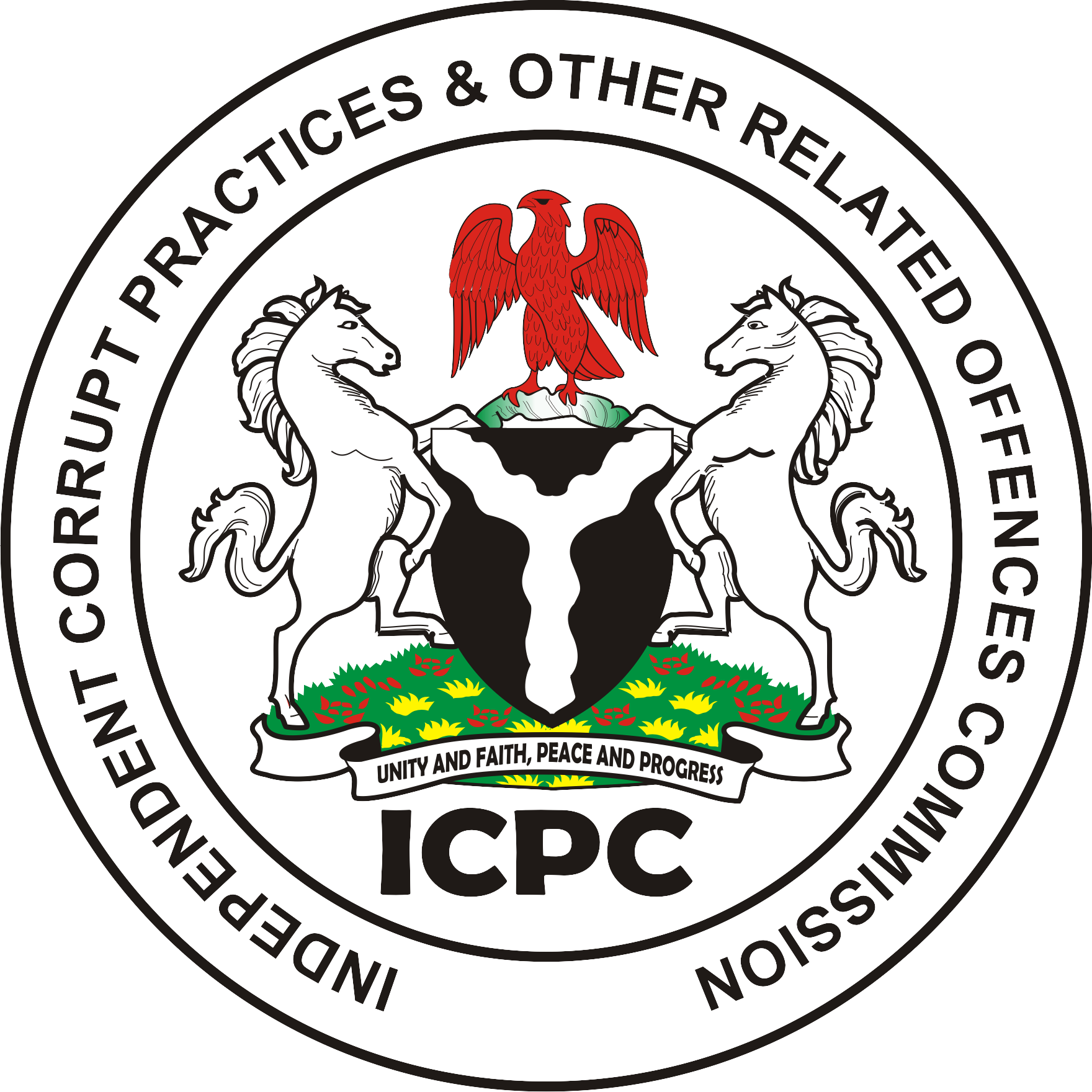The Court of Appeal Lagos, on Friday, discharged and acquitted a former Director-General of the Nigerian Maritime Administration and Safety Agency (NIMASA), Patrick Akpobolokemi, who was charged with alleged N2.6 billion fraud.
Others charged alongside Akpobolokemi were Ezekiel Agaba, Ekene Nwakuche, Governor Juan, Blockz and Stonz Ltd and Al-Kenzo Logistics Ltd.
In a lead judgment delivered by Justice Yargatta Nimpar, the court upheld the no-case submission filed by Akpolokemi in response to the criminal charges preferred against him by the Economic and Financial Crimes Commission (EFCC).
The appellate court overruled the decision of Justice Ibrahim Buba of the Federal High Court in Lagos, who had on Oct. 16, 2017, dismissed Akpobolokemi’s no-case submission.
Justice Nimpar discharged and acquitted Akpobolokemi of the entire 22 counts.
The court, however, ordered that Agaba, Nwakuche, Juan, Blockz and Stonz Ltd and Al-Kenzo Logistics Ltd, had cases to answer.
Justice Nimpar, therefore ordered them to go back to the lower court for trial to continue.
The Anti-graft Agency had on Dec. 4, 2015, arraigned Akpobolokemi alongside five others for allegedly diverting N2.6billion from the coffers of NIMASA between December 2013 and May 2015.
The prosecution claimed that the funds were approved by ex-President Goodluck Jonathan, for the implementation of a security project tagged, “International Ship and Ports Security Code in Nigerian Ports.”
The defendants had all pleaded not guilty to the 22 count charges pressed against them, while the EFCC had opened its case, calling 12 witnesses and tendering 77 exhibits in order to establish the allegations against the defendant.
After the prosecution closed its case in 2017, all the defendants filed no-case submissions, contending that the prosecution failed to establish a prima facie case against them.
However, Justice Buba, in his ruling of Oct. 16, 2017, dismissed their no-case submissions, holding that they had a case to answer.
Justice Buba had held that from the evidence of the first prosecution witness, it is well established that all the defendants had cases to answer.
He had also held that the exhibits tendered and the testimonies of other witnesses had established that there was a prima facie case against the defendants.
Dissatisfied with lower court’s verdict, the defendants had filed an appeal urging the appellate court to upturn the ruling of the lower court. (NAN)



